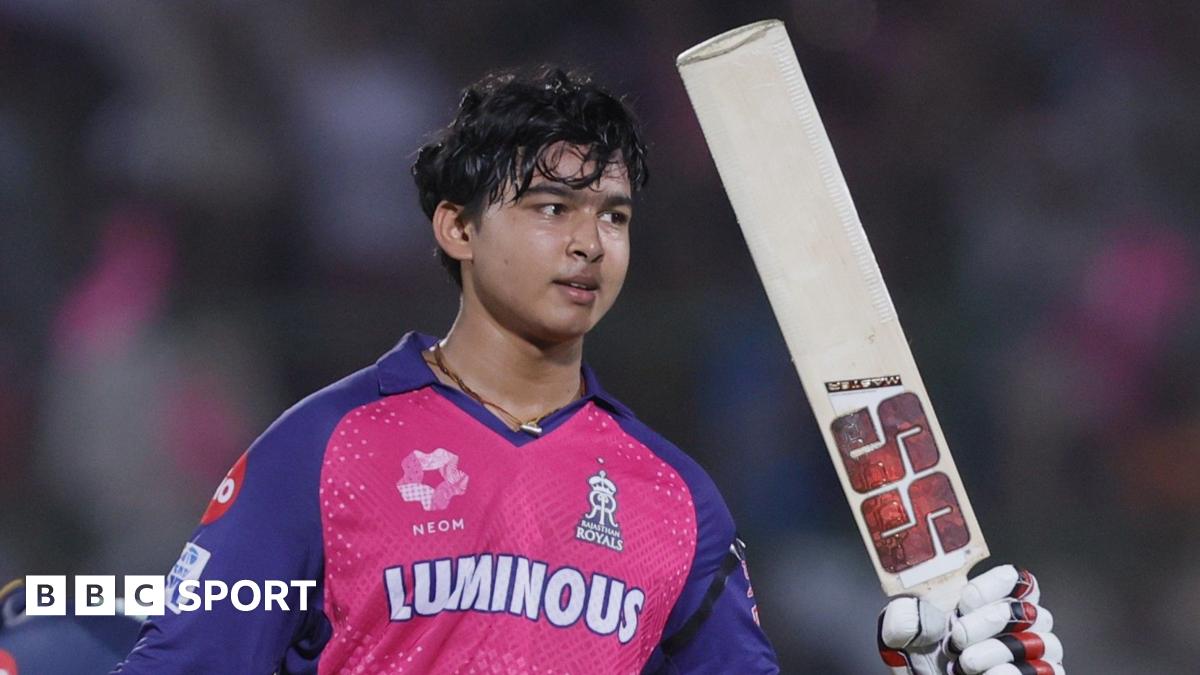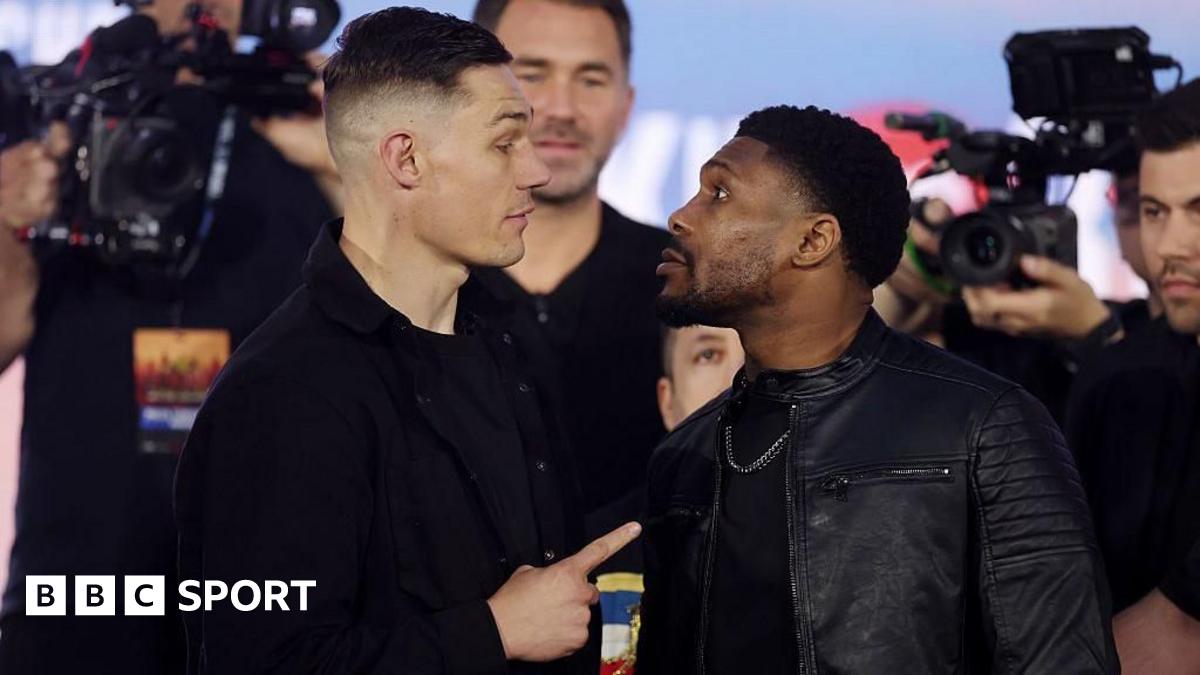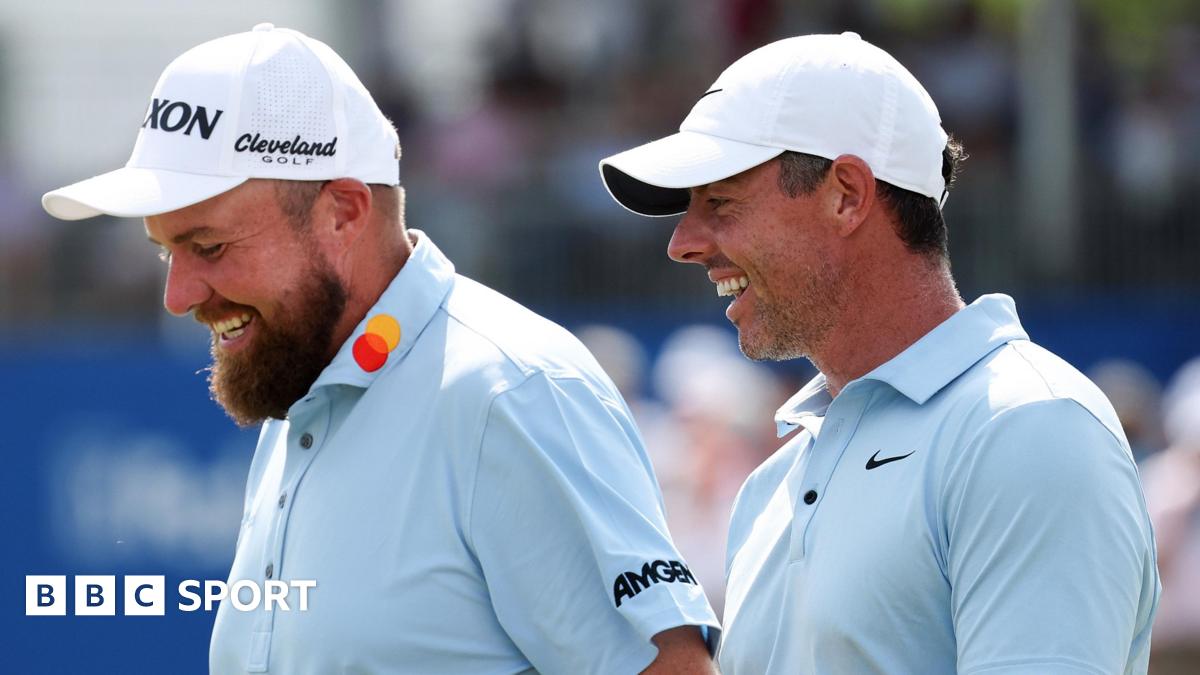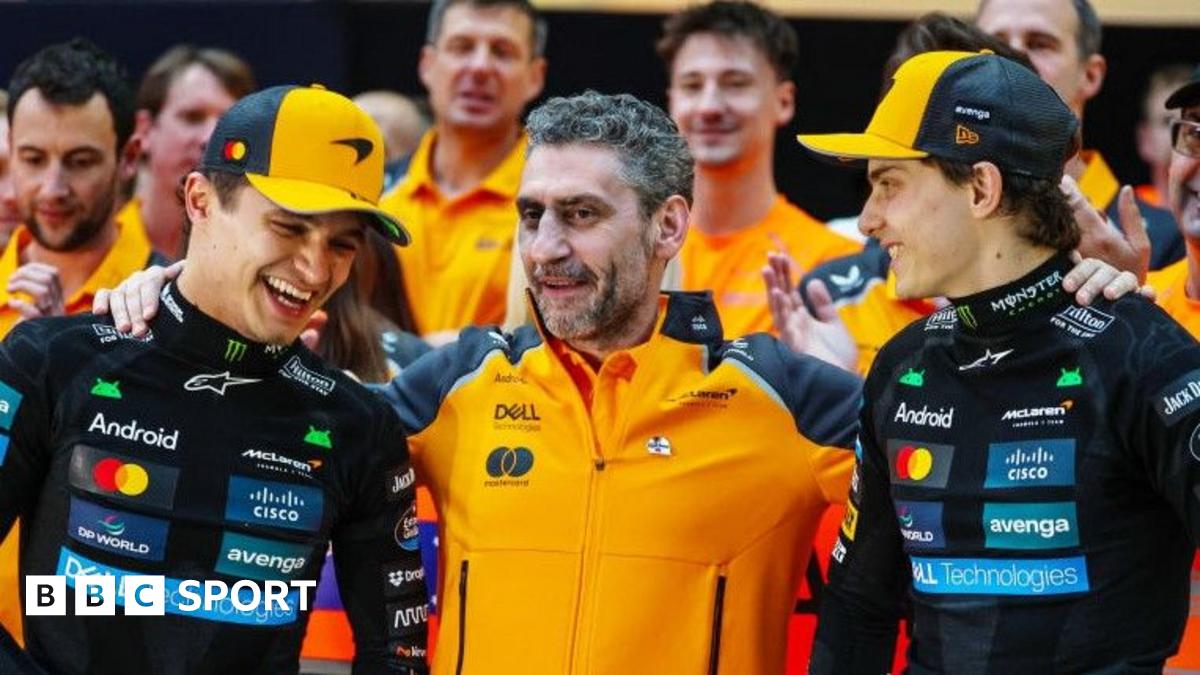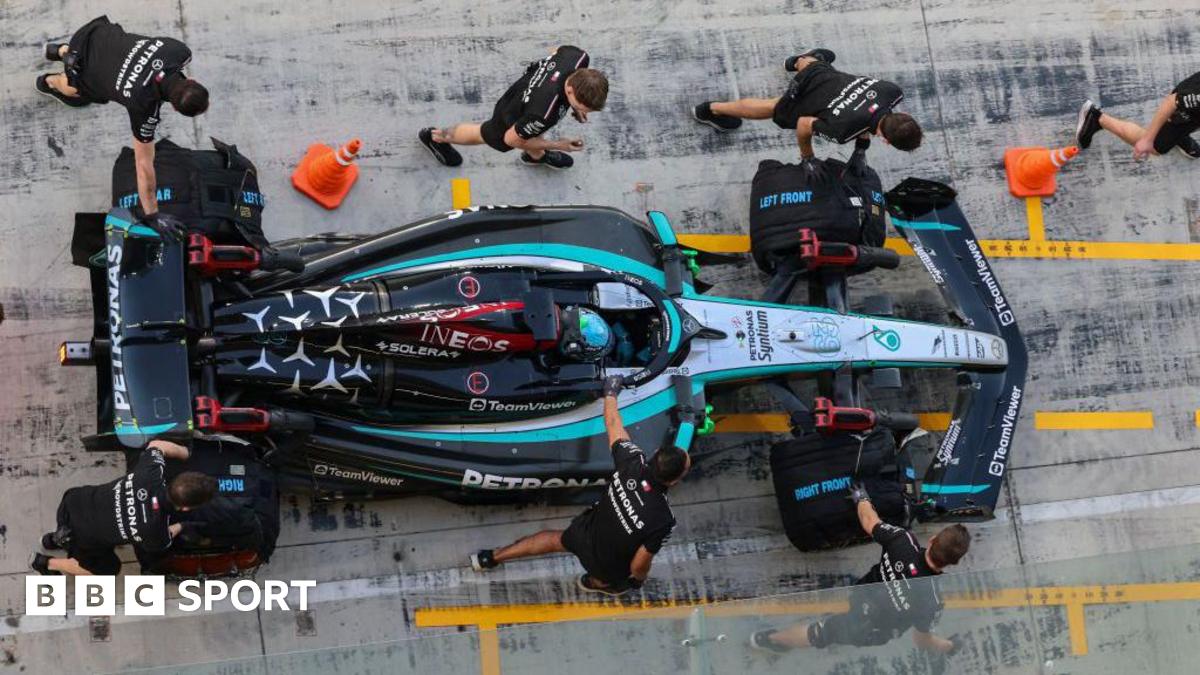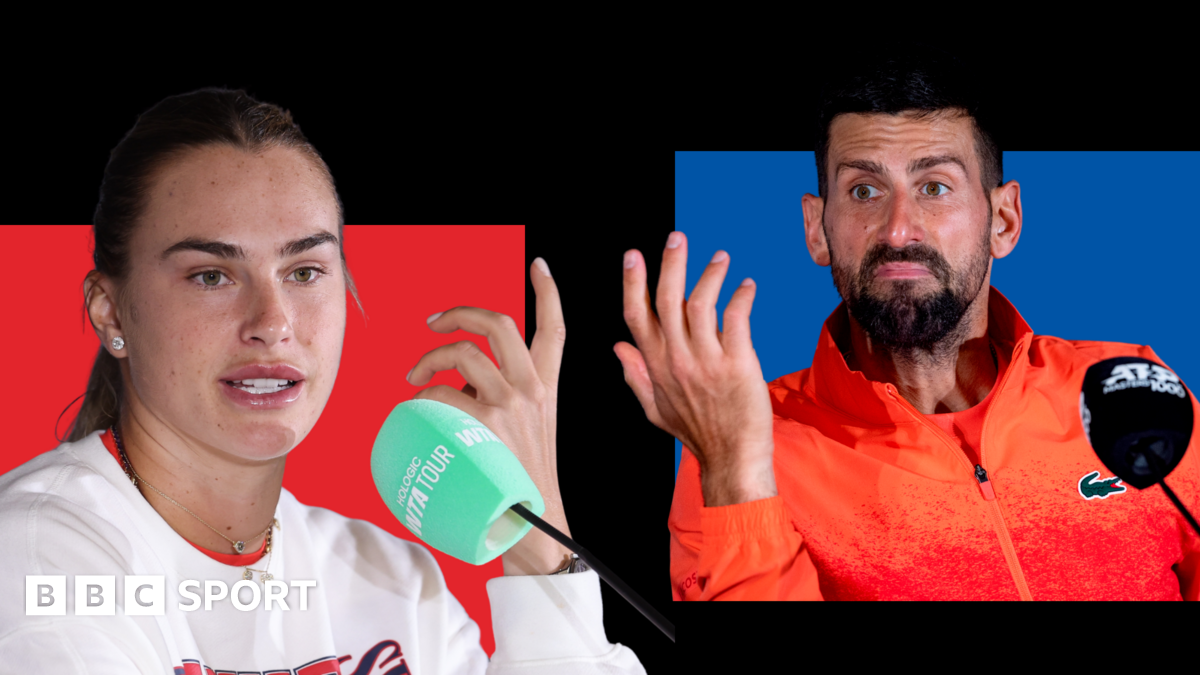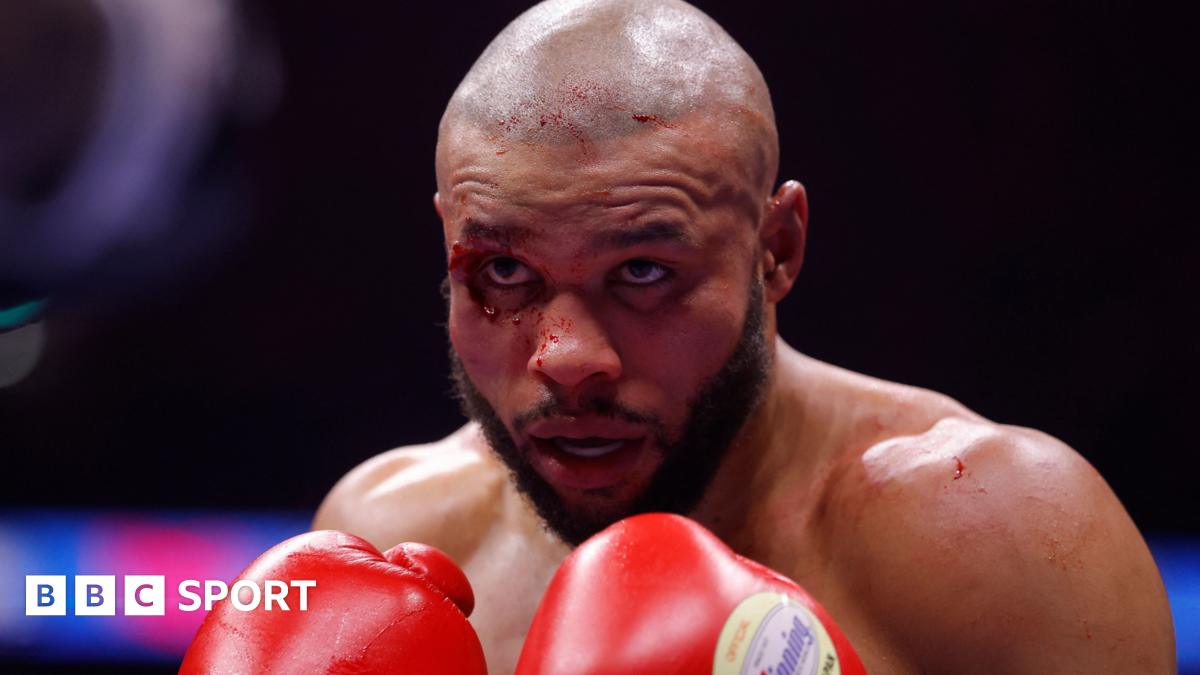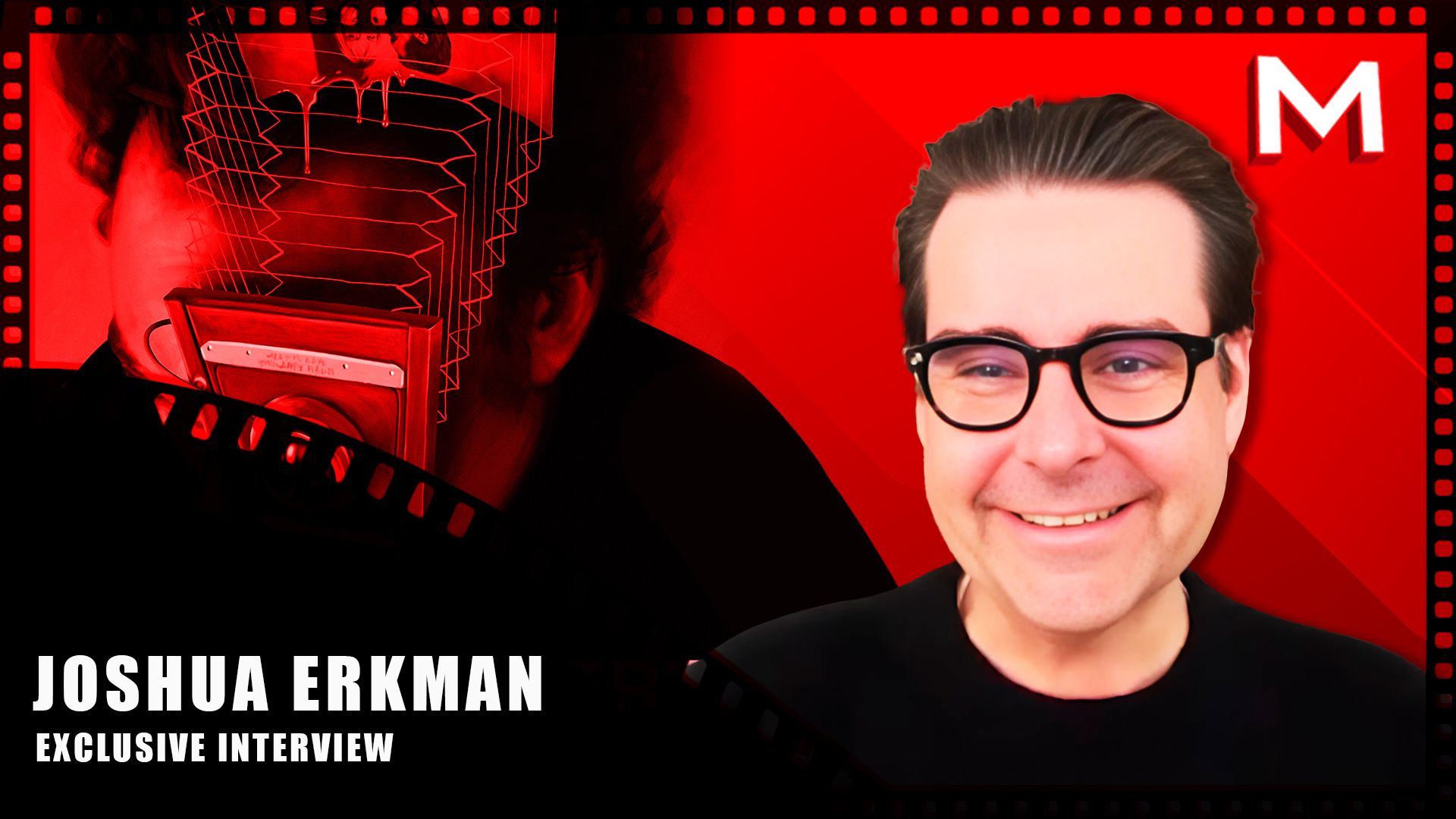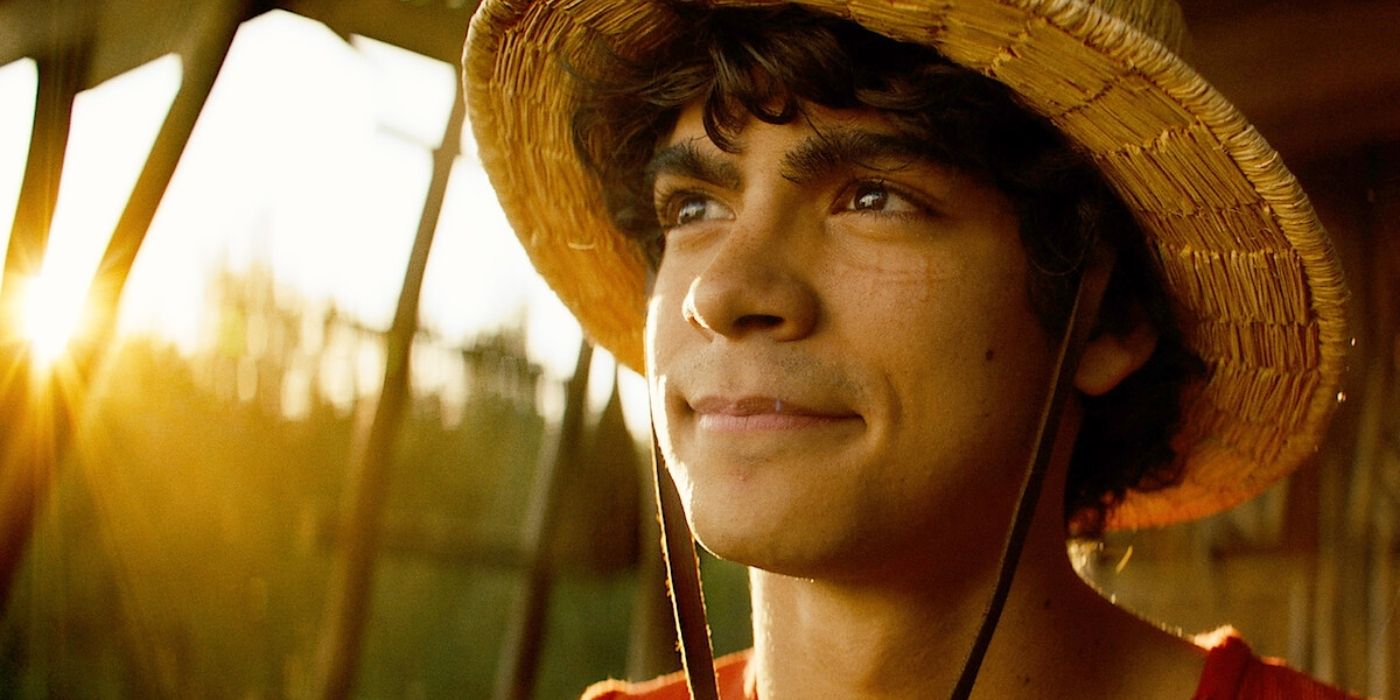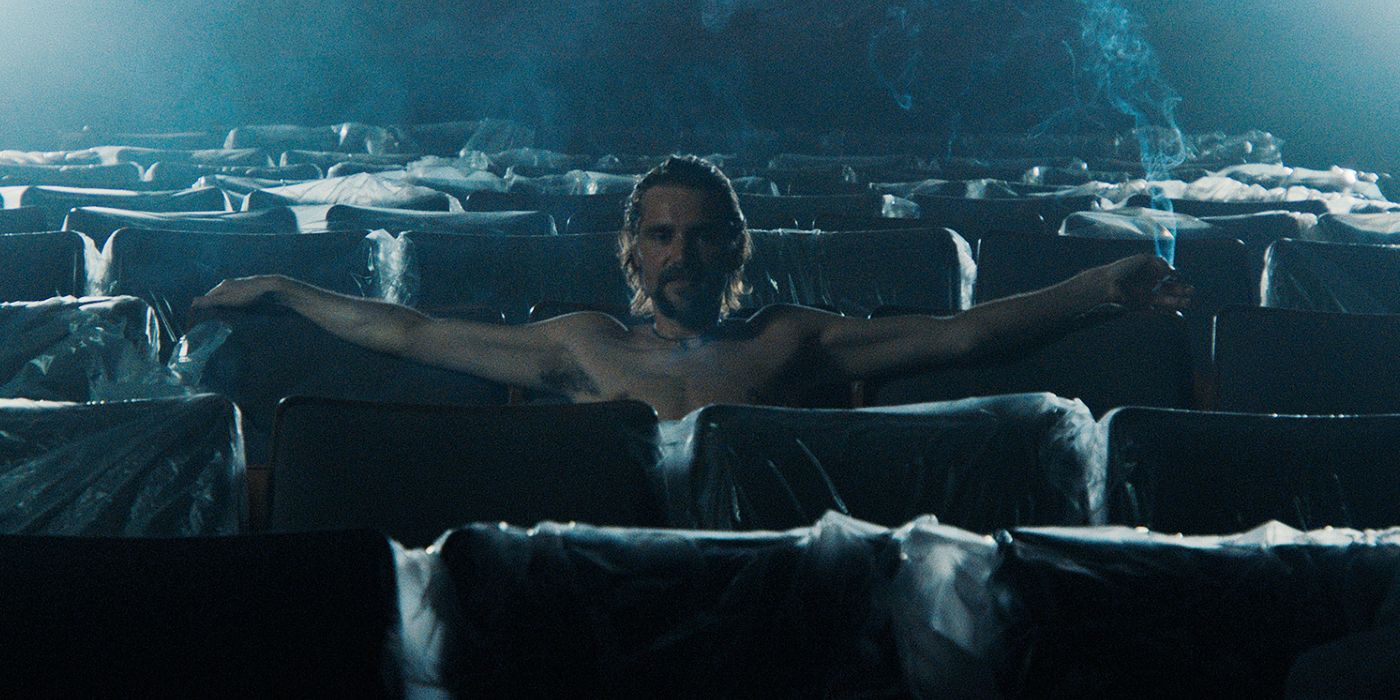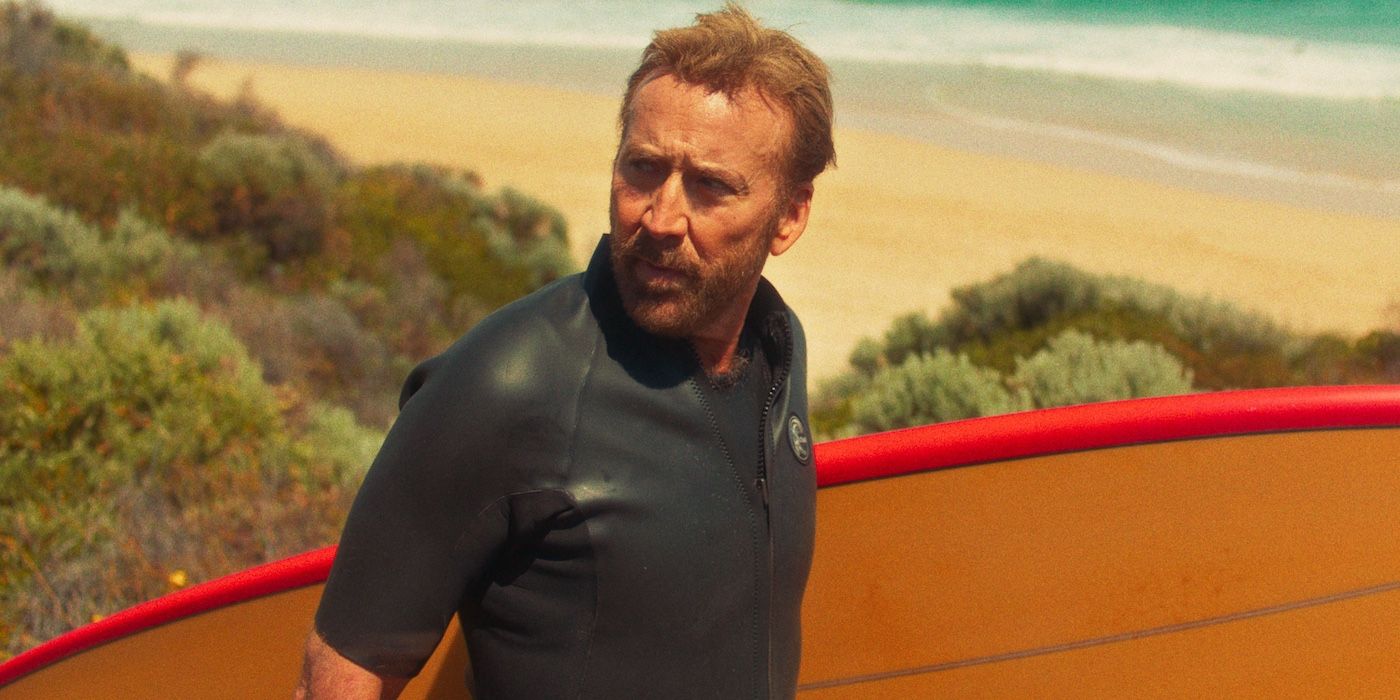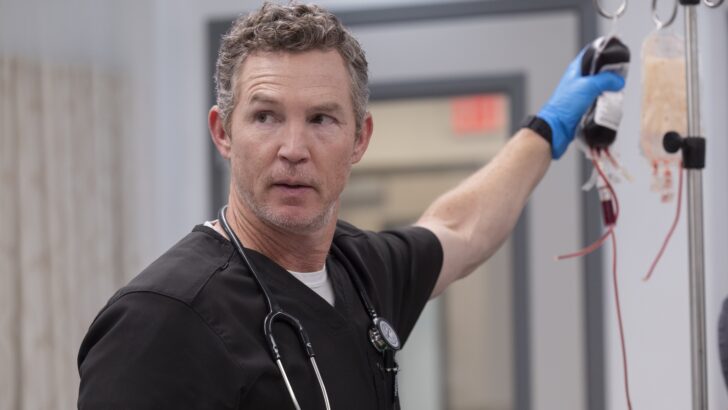Big DILF Energy: TV’s Obsession with Seasoned Men Is Paying Off

Television’s most compelling stories are finally embracing age, complexity, and the messy middle chapters of life in the best possible way.
Is it just me, or are we in an unspoken era of silver foxes, salt-and-pepper charmers, and deliciously seasoned leading men onscreen?
Today’s seasoned TV heroes are flawed, fascinating, and (let’s be honest) hotter than ever, and I’m fully embracing this. To my delight, it seems the audience at large is as well.

Television Prioritizing Diversifying the Stories it Tells Only Leads to Better Content
And before you think I’m out here calling anyone “old,” that’s far from the case.
In an industry where stars in their 20s and 30s typically reign supreme, one of the most refreshing aspects of storytelling recently has been digging into great stories that just so happen to feature the 40-and-older crowd.
For so long, even if actors were growing older, it was as if their characters were frozen in time because perhaps the obsession with catering to a certain demographic meant only prioritizing certain stories or skirting around the age thing lest someone lose interest when they find out their favorite detective or whatever wasn’t eternally 32.
I can’t be the only one who has consistently found that annoying, right?
And here’s the thing, once television opened the floor to show that a 40-year-old dad with teenagers could be just as entertaining to watch as said teenagers or some 20-something-year-old bachelor, television graced us with some damn fine characters and interesting stories.

But even knowing that, before, it always felt like there was a limit. We couldn’t have too many seasoned characters dealing with all that ails life, workplace drama, action heroes, antagonists, or sexy love interests.
Televison Finally Stopped Underestimating the Appeal of Seasoned Male Characters to Broader Audience
As for now? I cannot think of any other characters who can collectively appeal to all demographics these days quite like a seasoned male character on a hit series. Bonus points if they’re hot as hell, too!
Fortunately, someone is starting to get the hint because some of the best characters currently on television contributing to some of the most interesting story arcs onscreen are guys who are either giving “Dad” energy or, uh, “Daddy” energy (listen, I’m NOT judging, just observing).
It’s been so much fun to see viewers of all ages connecting with or adoring these characters.
A prime example at the forefront of our minds recently is 9-1-1‘s Bobby Nash.

Aside from Peter Krause — a certified fox who has graced our screens in so many incredible projects — playing him, he has such a universal appeal that transcends all demographics that there are literal teenagers, their parents, and their grandparents who are still in a tizzy together over his fate.
As the heart of 9-1-1, it doesn’t feel like the series can work properly without him at the hub. He’s been one of the most well-written (well, until recently) evolved characters of the series and one whom everyone collectively loves.
Whether he’s the “dad” figure to viewers or appeals to others as certified husband material, Bobby ties everything together on a series where the focus could easily be on centering the likes of Buck or Eddie.
Across Genres, There’s Realization of the Powerful Stories Worth Telling Via These Characters
It’s not just one network or one genre — it’s everywhere.
One of the greatest series in the NCIS franchise, NCIS: Origins, is remarkable for telling beautiful, character-rich stories exploring familiar and new faces.

Let the record show that I will never dismiss Austin Stowell‘s incredible work on this series. It’s criminally underrated. And I know, like many people, we tend to discuss Franks so much that sometimes the Gibbs appreciation is lost in the fold.
That aside, NCIS: Origins uses Gibbs as a gateway character to explore others, but in telling his story of how he became the man we came to know (the man who was at the hub of NCIS and another exemplary example of this very subject matter), it’s Mike Franks who feels at the hub of the series.
Mike is around 40 in this particular period, and his arc is intriguing in capturing that delicate balance of being a person others look to while still being a man carrying his own traumas and demons, still trying to navigate and figure out life, too.
For so long, society and television perpetuated the notion that by a certain age, people are supposed to have it all together and figured out, and that life is more about guiding and helping others rather than trying to navigate it on your own.
There’s a More Realistic and Insightful Exploration of These Characters Than Before

It’s genuinely refreshing to have many stories that see the value and interest in exploring that middle stage in life that tends to disappear.
Across genres and networks, a clear pattern is emerging: the most magnetic characters aren’t the fresh recruits but the battle-scarred veterans.
We see it in Mike Franks, but it’s also prominent in the hit series The Pitt.
I’ll let some of you in on a secret if you aren’t deeply engrossed in this fandom across all social media platforms: The two most cherished characters who resonate with viewers, yes, including the younger ones, are Robby and Abbot.
The Pitt’s Universally Sexy, Relatable Characters are Two Authentic, Inspiring Men Struggling with Mental Health Issues

It’s amusing to no end to see teenagers and their parents thirsting over the same men onscreen — practically passing down a baton of appreciation for the likes of Noah Wyle and Shawn Hatosy, both of whom have been lighting up our screens with their talents and great looks for 30 years or so.
I cannot tell you how hilarious it is to see more appreciation posts and practically feral edits, reels, and commentary about The Pitt’s “two old white guys” when traditionally, the medium would’ve sold us on the notion that Langdon would be the guy who would garner the most attention.
But beyond their good looks or whatever “DILF” energy they exude, Robby and John Abbot are some of the best-written characters in a series chock-full of richly complex characters.
Their respective stories of men who have loved and lost, or those dealing with or avoiding their traumas, battling mental health in such raw and honest ways, have such a universal appeal that grips viewers.

For those of us who haven’t reached those milestones, there is something genuinely comforting about the fact that even the best humans like them can still be hot messes just trying to get through the day (or a shift).
Yes, even those we traditionally look to can find themselves standing on the ledge in life (figuratively and literally, in their case).
And there’s a whole other conversation worth having about the importance of seeing men, in particular, grapple with the stress and mental issues that they have so openly and with each other — something that applies to NCIS: Origins’ Franks and Gibbs as well.
Seasoned Characters with Depth Have Resulted in More Compelling, Rewarding Stories
Meanwhile, on Doc, Michael Hamda is a polarizing character for most invested in the love triangle, but he’s another interesting character who fits the bill.
We’ve already discussed how gratifying it is for the series to have a Messy, Flawed Female lead, particularly one over 40, because, again, for so long, television has acted as if it didn’t know what to do with women of a certain age onscreen.

But in equal measure, how Amy’s story extends to Michael is part of what makes Doc’s storytelling so captivating and continues to bring that human element that enthralls viewers enough for it to be so record-breaking.
It’s not a traditional love story; it’s one with many layers. Michael navigates a relationship with his ex-wife while combating profound grief.
Neither of them has moved on from it. It’s such a refreshing change from the one-dimensional “man pain” approach to storytelling that plagued seasoned male characters onscreen for so long and still does in some corners of TV (looking at you, Alert: MPU).
One of those male characters who could’ve fallen victim to that is Chicago Med’s Dean Archer.
The most pleasantly surprising thing about Chicago Med — especially during this mostly strong season — is Archer.
Television’s DILFS Are Appealing Because of Their Complexity

Listen, Steven Weber’s Dean Archer is the epitome of a DILF. It’s probably why many of us prefer Asher end up with him rather than a conventional love interest like Ripley. Sorry, not sorry, but they’re the worst together.
Unlike Ripley, Archer actually emerges from this series with the type of character development that keeps viewers locked in. We’ve witnessed so much of his growth and evolution, and he’s had a redemption season.
Chicago Med does wonders in using Archer to explore how we never really stop growing as humans over time. As the proverbial “old dog,” he’s not turning his nose up at learning new tricks and figuring out how to be a better person, doctor, and man.
On the other hand, Chicago PD pulls off something similar with Voight. It’s been a strong season of the show’s subtle exploration of his evolution, and we’ve seen the reflection of it in his experiences with others.
The season has Voight and viewers reconciling the two versions of him — who he was when he met him and what he has become now — as characters like Chapman and Reid simultaneously hold a mirror up to reflect his best and worst parts.

It’s utterly fascinating to watch. Over the years, we’ve seen Voight as an antagonist, antihero, father, mentor, and fearless leader.
Now, we’re seeing the culmination of all these things as he quietly faces who he is as a man, and it’s one of many reasons why Chicago PD Season 12 has been so strong.
All these years later, when given the space and screentime for deeper exploration, Voight is a complicated character who pays off.
And it’s far more captivating than the usual angsty storylines we find in many male leads.

Giving Characters Space to Be Layered and Complex Pushes New Boundaries (and Makes Them More Relatable Than Ever)
Television is becoming far more layered and multi-dimensional in its storytelling about male characters like this, and not only is it compelling on a storytelling level, but it’s also attractive.
By giving seasoned men room to be vulnerable, complicated, and even sexy, TV finally reflects something closer to real life — and audiences are responding.
Younger viewers finally experience the complexities of seasoned characters onscreen and have a refreshing but real peek at what that era looks like. It’s inspirational, aspirational, and even comforting.
Middle-aged viewers get characters that properly reflect them onscreen without sidelining or one-dimensionality — the reminder that they, too, can be the main event.

And the general audience gets rewarding storytelling with some of the best characters onscreen. If we also appreciate them on a shallow level, that’s just a mighty fine bonus.
Television is finally giving these seasoned male characters depth and thirst-worthy appeal, and it’s all the better for it. It’s no wonder viewers have become obsessed with these characters and stories.
Television’s new generation of seasoned leading men isn’t just a trend — it’s a long-overdue correction, and it’s made TV better across the board.
Let’s continue this discussion below, shall we? Have we noticed this trend, too? Do you love it? Which seasoned male characters have piqued your interest?
We’re a humble site of TV fans just like you, vibing and sharing our thoughts. We appreciate the support, so share if you care, save it if it resonates, and drop a comment below. Thanks for the support.
-
Extracted Pulls Off Unexpected (and Underwhelming) Finale, Proving the Series Still Needs Work
Extracted pulls off a shocking finale with unexpected winner. But does the format still work? We discuss it here!
-
Networks Canceling Shows With Millions of Viewers Is a Trend That Has to Die to Save Broadcast TV
Networks disturbing trend of canceling series with strong ratings is a trend that is killing broadcast. We break down this troubling issue!
-
The Pitt Set the Blueprint in Nuanced Character Work With Only Four Episodes
The Pitt’s character building is exceptional, but they set a particularly high bar with Abbot’s character work in half the time. We discuss!
-
Doc’s Jon-Michael Ecker Plays Good and Bad Well, But He Plays This Best of All
Jon Ecker has excellent range, playing compelling baddies, and endearing good guys. But there’s one role he plays far too well. We discuss!
-
Chicago Med Is Having Its Best Season Yet — Except for One Thing
Chicago Med has been having one of its strongest seasons yet, but there’s only one thing that has been bringing it down. We discuss it here!
-
I’m Not Saying I Need Chicago PD’s Voight & Chapman to Kiss Soon, But I Think I Do
Chicago PD can’t just give tease Voight and Chapman if they aren’t going to followthrough. We’re impatient, venting, and pushing the ship agenda. Check it out!
-
Newsflash! The Disposal of Female Leads Doesn’t “Rebrand” Series; It Kills Them
TV series claiming that their female leads are expendable and losing them will somehow rebrand the show creatively has gotten old. Our rant!
-
You Don’t Get to Destroy Them Just Because They’re Gone: Character Assassination & The Fate Worse Than Death
There is a fate worse than death for great characters: character assassination. Why 9-1-1: Lone Star and New Amsterdam still upsets us.
-
The Pitt’s B-Team is Just as A-List (And We Need More)
Shifts collide during a crisis, and The Pitt successfully introduced new characters late into the season. Now we want more! Here’s why!
-
Messy, Complex, and Real: TV Is Finally Embracing Imperfect Women and Getting It Right
The rise of flawed, real, and imperfect female characters has been a refreshing change of pace, and we delve into why. Check it out!
TV Fanatic is searching for passionate contributors to share their voices across various article types. Think you have what it takes to be a TV Fanatic? Click here for more information and next steps.
The post Big DILF Energy: TV’s Obsession with Seasoned Men Is Paying Off appeared first on TV Fanatic.
What's Your Reaction?
 Like
0
Like
0
 Dislike
0
Dislike
0
 Love
0
Love
0
 Funny
0
Funny
0
 Angry
0
Angry
0
 Sad
0
Sad
0
 Wow
0
Wow
0





